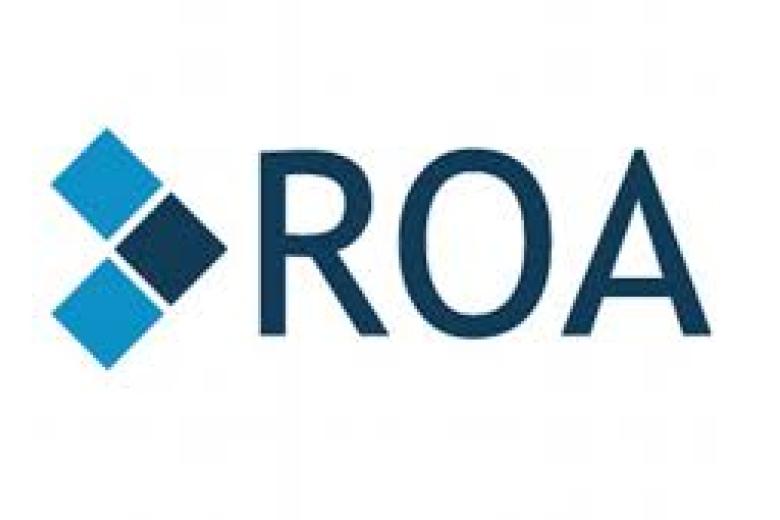Nobel Prize-winning microscope in Maastricht
The 2014 Nobel Prize in Chemistry was recently awarded to (among others) the discoverer and developer of the STED microscope, Stefan Hell from Heidelberg. And Maastricht University has one of the two modern STED microscopes in the Netherlands.
Stimulated Emission Depletion (STED) makes it possible to view details of 50 nanometres in living and fixed cells. One millimetre is equal to one million nanometres. For centuries, it was considered impossible to see details smaller than 250 nanometres with an optical microscope. By making the invisible visible in 2000, Stefan Hell achieved great progress for cell biology and chemistry.
The STED microscope in Maastricht is in the nanoscopy laboratory, under the supervision of Marc van Zandvoort, and was acquired with the joint efforts of Maastricht University/MUMC+, DSM and the Province of Limburg. These organisations work together to purchase this kind of expensive equipment within the platform Enabling Technologies. This platform provides unique open access to the STED (and other advanced microscopy equipment) for those in the Benelux, including not only researchers at the Maastricht Health Campus, but also third parties (e.g. SMEs) who can make use of this technology at attractive rates.
“The Brightlands region is also at the forefront of imaging in the Netherlands and the Euregion in the area of optical microscopy”, says Zandvoort. He is the driving force behind advanced optical microscopy in Maastricht and is highly motivated to use his passion, expertise, and knowledge to embed the whole platform further in the world of research. “This role will also be seen in Europe. The umbrella organisation for scientific imaging infrastructures considered our site as top of the line at the end of 2013.”
Also read
-
More than a student job: five alumni about their unique role in groundbreaking vascular research
What is it like to take part in cutting-edge vascular research as a student, standing in the operating room, directly responsible for handling patient material? Five alumni of the Maastricht MAPEX student team share what they learned, the challenges they faced, and how this experience shaped their...

-
Maastricht University ranked #3 worldwide and #1 in Europe in 2025 Better World MBA Ranking
We are incredibly proud to share that the MBA programmes of Maastricht University School of Business and Economics’ executive branches, MSM and UMIO, have once again been recognised among the very best sustainable business MBA programmes worldwide. In the 2025 Better World MBA Ranking by Corporate...

-
Young people in higher education mainly choose based on their interests. A better link with labour market opportunities is needed.
Against the backdrop of structural labour market shortages, it is of social importance that young people choose courses that not only match their interests and talents but also lead to occupations with good employment prospects and social value, particularly in sectors such as healthcare, education...
